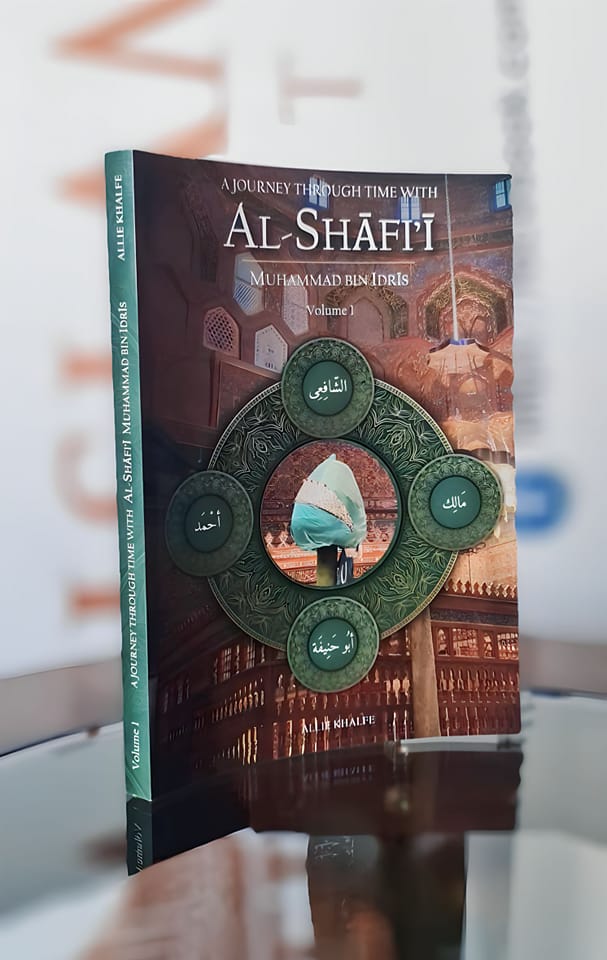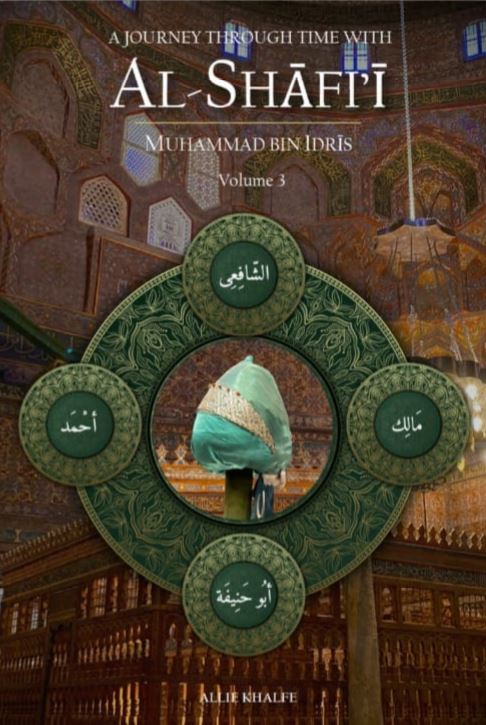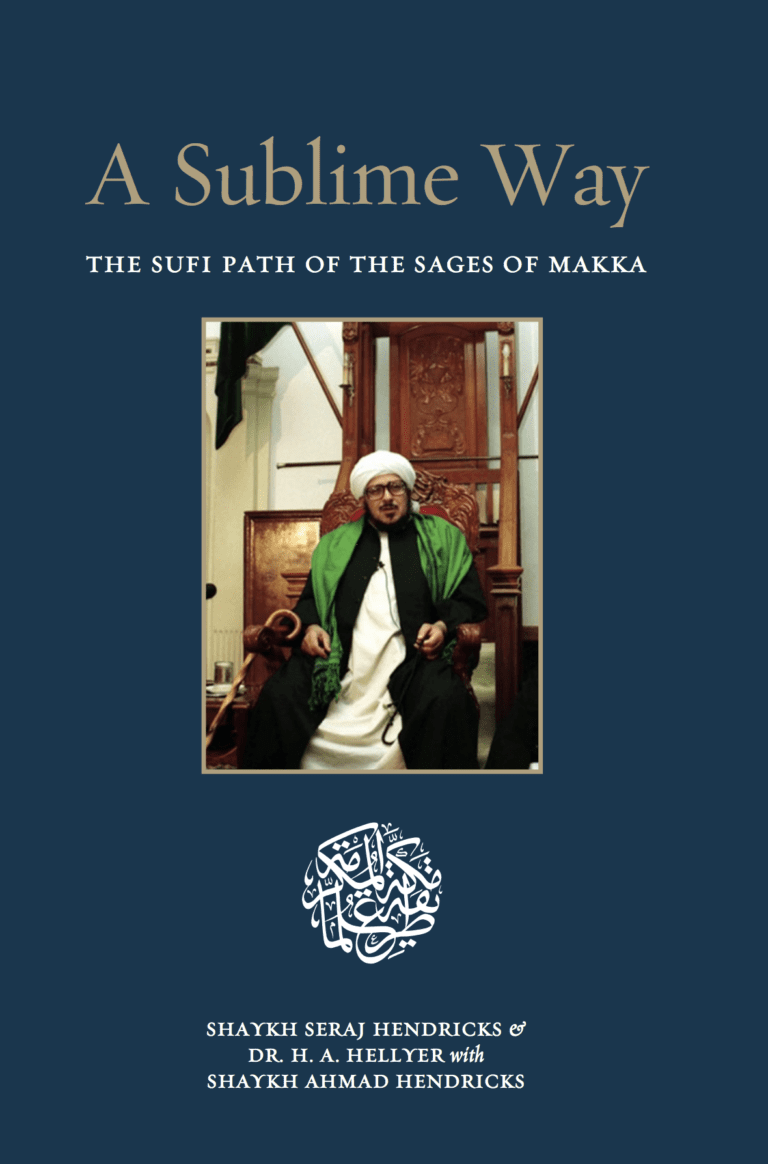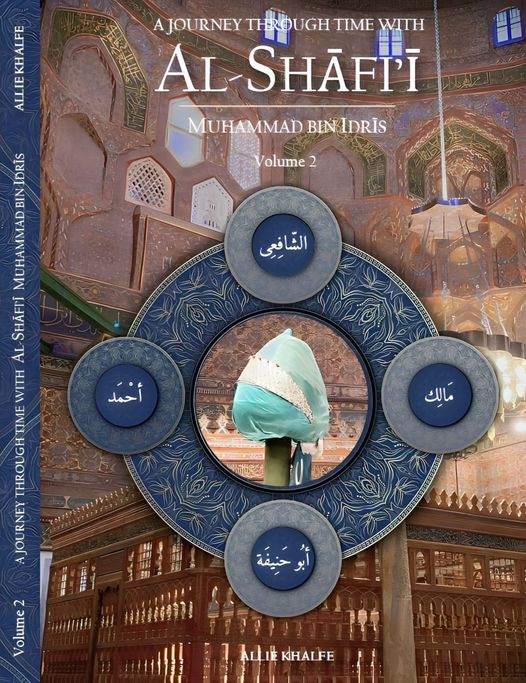
The rise of “social media Islam”, while inevitable given the global realities of our time, appears to have led us to want single and instant answers to issues, problems and questions that arise. A fatwā here, a hadīth there, suffices to meet our needs. But while speed and simplicity are sometimes necessary, approaching the copious body of Islamic knowledge as a quick-fix solution is a fundamental distortion of the religion.
As this important book by Shaykh Allie Khalfe reminds us, the religion is rooted in a complex tradition. This tradition, whose axis is the four Imāms – and all of whom are grounded in the Prophetic legacy – encompasses complex modes of reasoning, complex modes of argumentation, complex sources on which this reasoning and argumentation are based, and a complex array of teachers, successors, and books in each of these schools.
While Shaykh Khalfe gives us a taste of this complexity in all schools, his particular focus in this book is on Imām al-Shāfi’ī and the great scholarly legacy generated by this outstanding Imām. But we should not regard this legacy of complexity as a daunting one. On the contrary, this complexity is an invitation to us to learn, to be humbled, to find a compass and orientation in a disorienting world. It is a complexity that trains us to not seek quick-fix answers, but to rather root ourselves in solidity and piety. This has been, and continues to be, the outstanding achievement of the four Imāms and the legacies they have generated.
Prof. Auwais Rafudeen, Associate Professor, Religious Studies, and Arabic, UNISA






